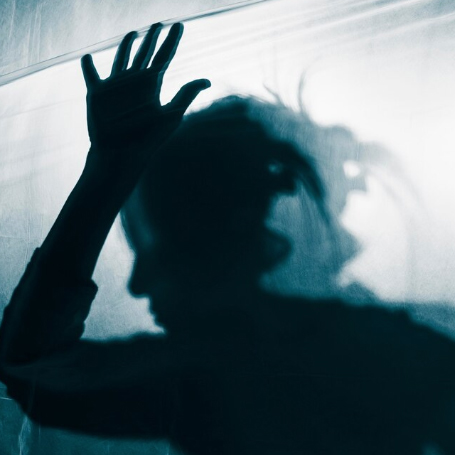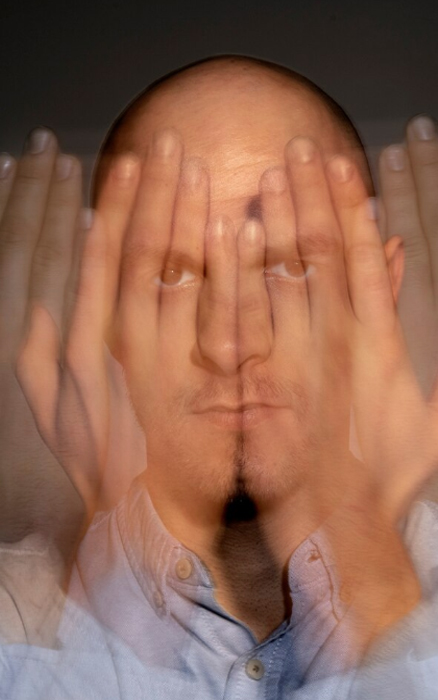
Bipolar Disorder: Symptoms, Types, and Treatment Options
Bipolar disorder is a mental health condition characterised by extreme mood swings that affect a person’s energy, activity levels, and ability to function. These mood swings occur during distinct periods, known as mood episodes, which can last for days or weeks. People with bipolar disorder experience emotional highs (mania or hypomania) and lows (depression), which can significantly impact their daily lives.
- Depressive Episodes: Feelings of sadness, hopelessness, and loss of interest in activities.
- Manic or Hypomanic Episodes: Periods of elevated mood, high energy, or irritability.
Types of Bipolar Disorder
1. Bipolar I Disorder:
- At least one manic episode, which may be preceded or followed by hypomanic or depressive episodes.
- Manic episodes last at least one week and significantly impair daily functioning.
2. Bipolar II Disorder:
- At least one hypomanic episode and one major depressive episode.
- No history of a full manic episode.
3. Cyclothymic Disorder:
- Chronic mood instability with numerous periods of hypomanic and depressive symptoms.
- Symptoms last for at least two years (one year in children and adolescents) but do not meet the full criteria for manic, hypomanic, or depressive episodes.


Symptoms of Bipolar Disorder
Manic Episode:
- Elevated, expansive, or irritable mood.
- Increased energy or activity levels.
Symptoms include:
- Decreased need for sleep.
- Risky or impulsive behaviour.
- Racing thoughts or rapid speech.
- Distractibility.
Hypomanic Episode:
- Similar to mania but less severe.
- Lasts at least four days and does not significantly impair daily functioning.
Major Depressive Episode:
- Persistent sadness or loss of interest in activities.
Symptoms include:
- Changes in sleep or appetite.
- Fatigue or low energy.
- Difficulty concentrating.
- Feelings of worthlessness or guilt.
- Recurrent thoughts of death or suicide.
Treatment Options Based on NICE Guidelines
The National Institute for Health and Care Excellence (NICE) provides evidence-based recommendations for treating bipolar disorder. Treatment options include:
- Mood Stabilisers: First-line treatment for bipolar disorder (e.g., lithium, valproate).
- Antipsychotics: Used for manic or hypomanic episodes (e.g., olanzapine, quetiapine).
- Antidepressants: Prescribed cautiously for depressive episodes, often alongside mood stabilisers to avoid triggering mania.
- Cognitive Behavioural Therapy (CBT): Helps individuals manage negative thought patterns and behaviours.
- Psychoeducation: Educates patients and families about bipolar disorder and its management.
- Interpersonal and Social Rhythm Therapy (IPSRT): Focuses on stabilising daily routines and improving relationships.
- Regular sleep patterns, exercise, and a balanced diet.
- Avoiding alcohol and recreational drugs, which can worsen symptoms.
- Hospitalisation may be required during severe manic or depressive episodes to ensure safety.
- Crisis plans developed with healthcare providers to manage acute episodes.
- Regular monitoring and follow-up with mental health professionals.
- Adjustments to treatment plans as needed.

Take the First Step Toward Stability
If you or a loved one is experiencing symptoms of bipolar disorder, don’t wait to seek help. Contact New Healing Solutions Clinic (NHSC) today for an expert assessment and personalised treatment plan. Begin your journey to a more stable and fulfilling life.
Address
Woodland Drive Medical Centre Woodland Drive Barnsley S70 6QW
Contact NHSC today
01226 282 535Send us a Mail
info@newhealingsolutions.co.ukOpening Time
9am to 5pm - Monday to Friday

